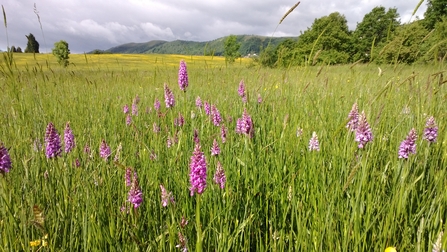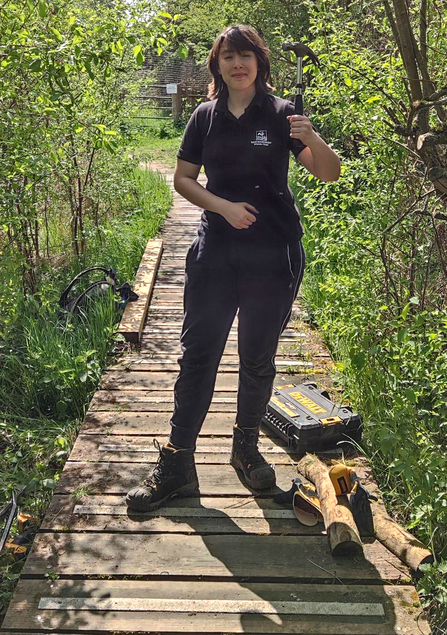On Tuesday morning, a mug of tea in hand, I listened closely to a welcoming speech from my supervisor, Iain. It was the beginning of my time at Worcestershire Wildlife Trust and it had been a long time coming. I had eagerly applied for a traineeship at the Trust in October of 2021 and was ecstatic when I was offered the position - under one condition. I was to finish my Masters degree.
I had been studying wildlife conservation in Cambridge – a fascinating course. My undergraduate zoology degree had been equally interesting; I dipped my toes into animal behaviour, welfare, genetics, evolution, ecology and even palaeontology. So many potential directions for a career. However, one module stood out from the rest. Wildlife conservation seemed so diverse and, being a jack-of-all-trades, I found that my grades would spike after each assignment. More importantly, I felt more engaged than ever. Understanding the complex interactions between nature and culture required more than simply memorising facts. Following this a wildlife conservation Masters degree was inevitable. Then the pandemic hit. The university tried its best to have practical classes but as the year progressed, it became clear that group activities were no longer viable.



